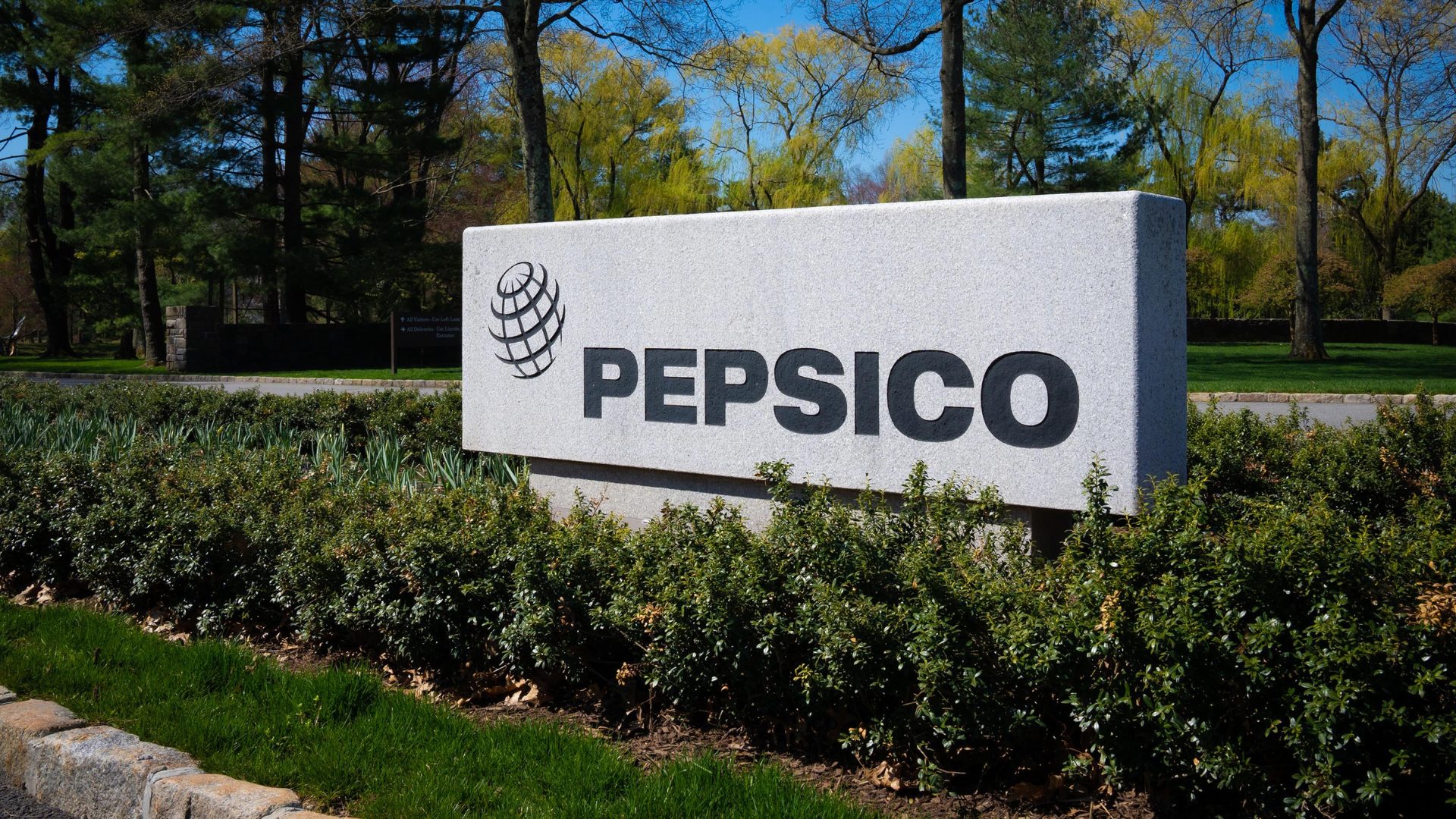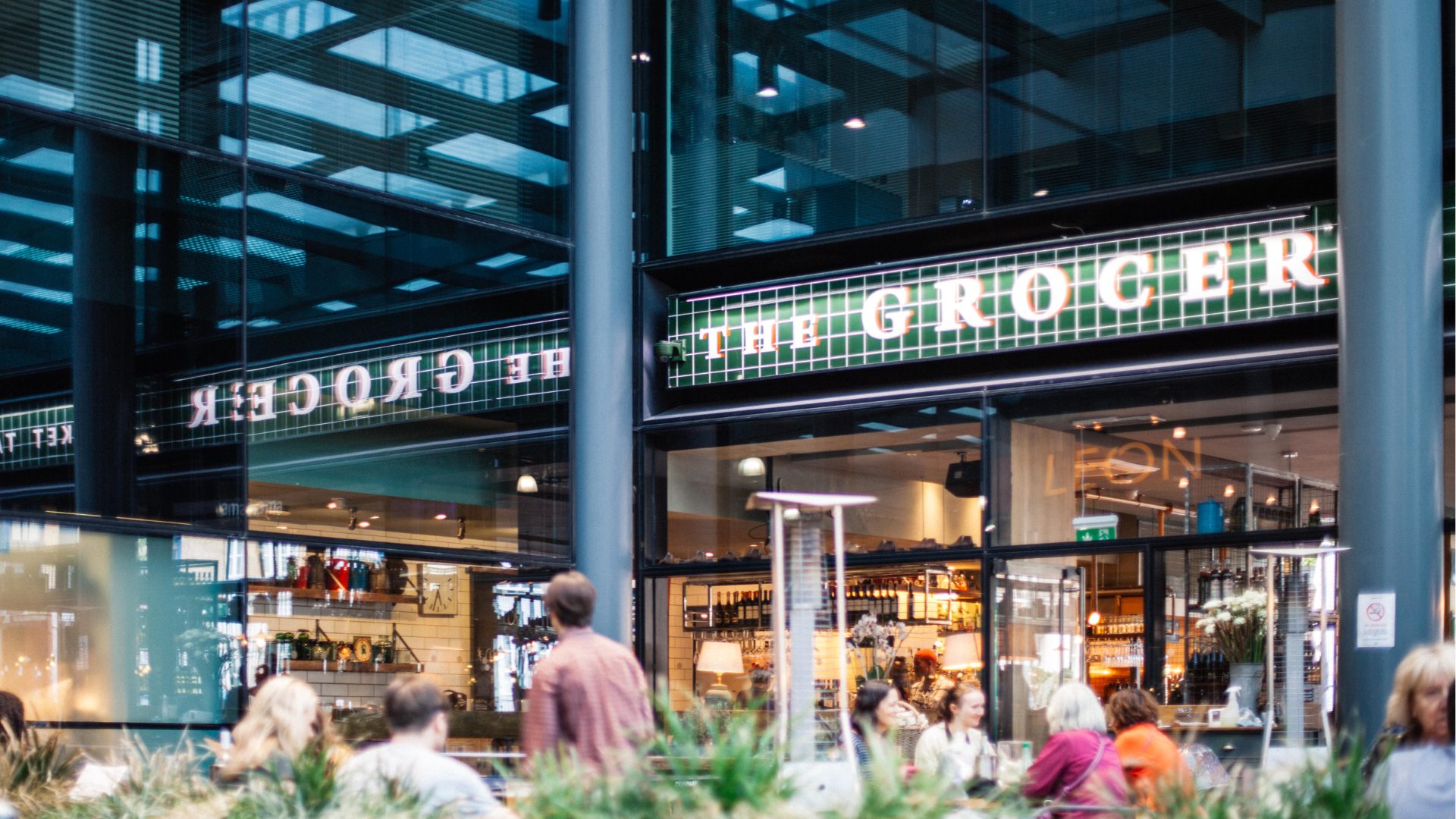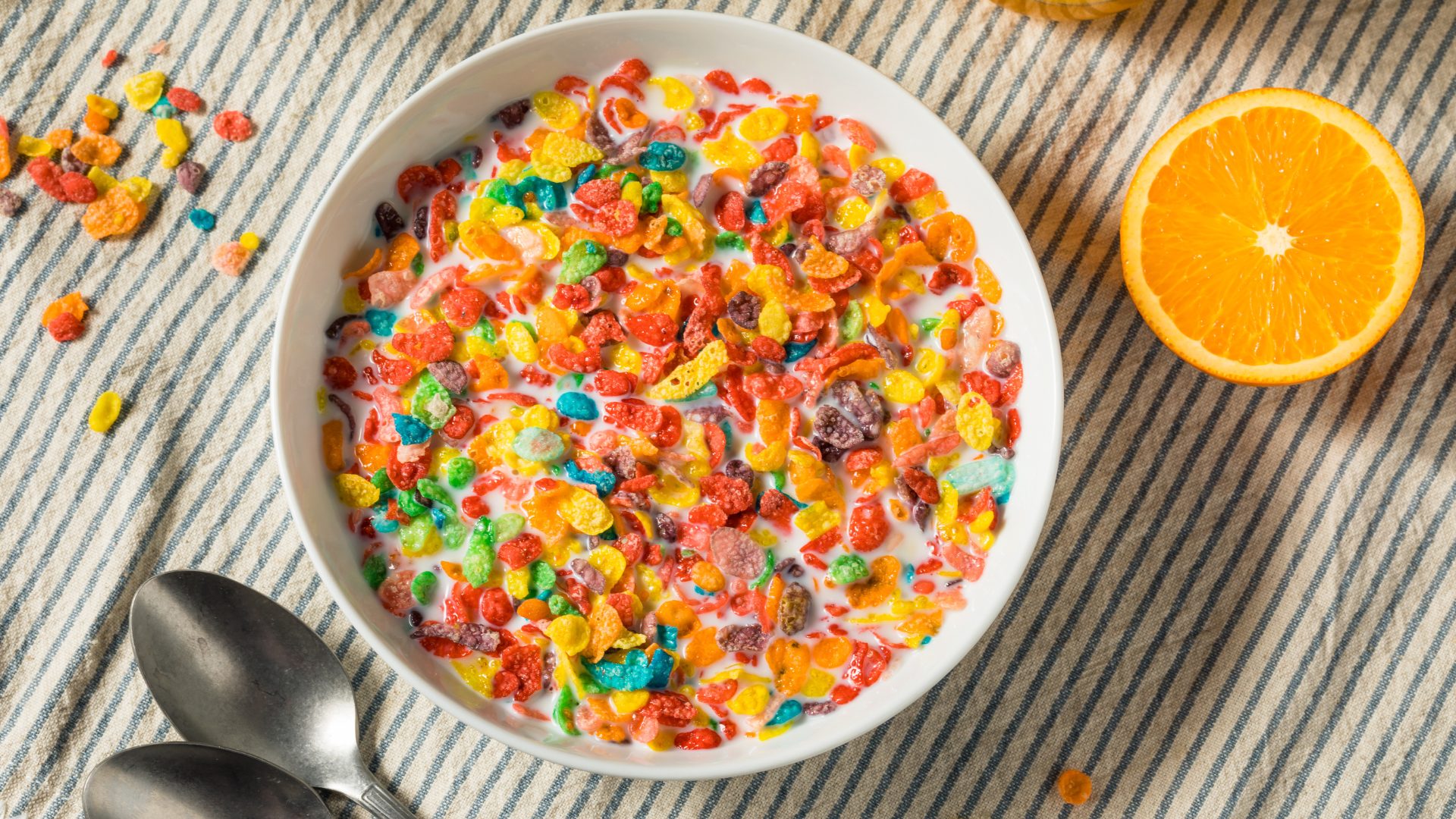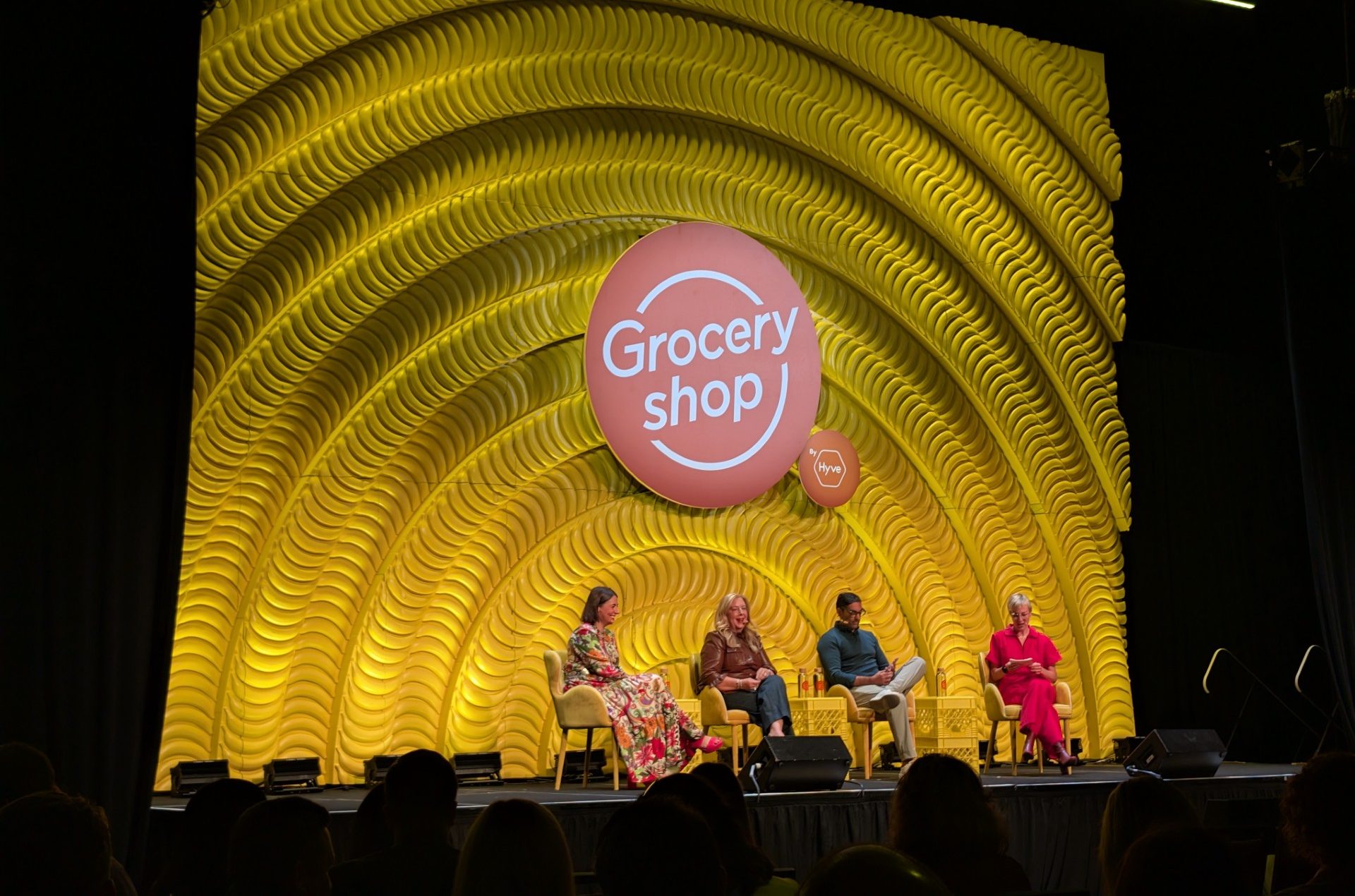In the face of inflation, the U.S. consumer has shown impressive resilience. As a result, branded food manufacturers posted strong pricing-driven profit growth in 2022, and stocks in the sector rose sharply even in a declining broad market.
In 2023, however, the story has changed a bit — at least in the stock market. Major food manufacturers are mostly in the red, even with the Standard & Poor’s 500 index up 12% year-to-date.
Yet for the most part, food manufacturer profits are holding up reasonably well. What’s worrying investors is what might come next, and if the U.S. consumer will finally, aggressively, start to trade down. That uncertainty not only weighs on the sector but seems to be shared by industry executives themselves.
One of the more interesting companies to listen to on this front is TreeHouse Foods. The private label snacking and beverage manufacturer has generated more than $3.5 billion in revenue over the past four quarters — more than 20% of which comes from Walmart.
To Pass or Not to Pass
Despite leadership in the private label space, TreeHouse itself isn’t seeing a clear trend. After each of the last two quarterly reports, management was asked to what extent retailers were passing along inflation to private label customers. The answer, both times, was this: it depends. Some retailers are keeping prices as low as possible to drive volume; others are looking to protect profit margins.
Zooming out, the same uneven sense holds. In the first quarter, for instance, private label manufacturers in TreeHouse’s categories did take market share. But they didn’t take much: private label volume was flat, against a 4% decline for the market as a whole.
And while overall market share is above 2019 levels, there, too, the gap is much smaller than might be expected. In Q1, private label market share was only about one percentage point higher than it was four years earlier. That growth actually looks more like a continuation of the pre-pandemic trend than a significant response to inflationary concerns.
That’s particularly true because the increase in private label market share is coming alongside a widened premium for branded products: about 27% in March 2023 against 24% in March 2019. Of course, given underlying inflation, the gap has widened much further in actual dollars.
The data from TreeHouse suggests that the consumer might be set to give way. Branded leader Campbell Soup, which has a snack business of its own, seems to agree with that forecast. Of late, the company has repeatedly cited increasing promotional activity from private label rivals. And Campbell chief executive officer Mark Clouse admitted on his company’s fiscal third quarter conference call last week that “as time goes on, there is no question that consumers are beginning to feel that [inflationary] pressure.” Investors seemed to agree: Campbell stock fell 9% after the report.
But the message seems to vary by the company and by the month. Conagra Brands in April pointed to historically low elasticity of demand for its products despite historically high price increases. Spices and seasonings leader McCormick, which also has a private label business of its own, has said after its last two quarters that the price gap in its categories between branded and private label in fact is shrinking. McCormick is succeeding with its value-priced Lawry’s brand; a Wall Street analyst on a conference call in late January cited Nielsen data showing similar gains from other branded players.
Earlier this month, Kraft Heinz management split the difference. CEO Miguel Patricio said at an industry conference that the price gap to private label widened at the beginning of the year — but predicted that private label rivals would catch up on pricing as the year went on.
One area of consistency is that manufacturers — both branded and private label — believe that the worst of price increases have passed. But the pressures on consumers have not. At some point it would seem consumer behavior will change substantially. It just hasn’t quite happened yet.
Vince Martin is an analyst and author whose work has appeared on multiple financial industry websites. He’s the lead writer at (www.overlookedalpha.com) Overlooked Alpha, which offers market-wide and single-stock analysis every week.
The Food Institute Podcast
Innovation isn’t accidental; companies that successfully innovate are rigorous and disciplined. SnackFutures Mondelez insights lead Barbara Schandl joined The Food Institute Podcast to discuss food innovation strategies in 2023 and shared her viewpoints on uncovering team members’ hidden skills and how curiosity is key for food industry success.












